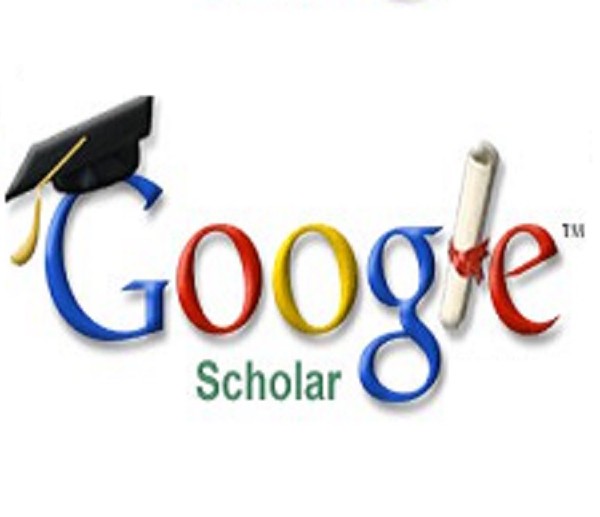E-learning As an Innovation Model for Disabilities (Defective Vision)
Abstract
Permenristekdikti number 46 of 2017 concerning Special Education and Special Services in Higher Education. It is intended that students with disabilities can obtain educational services according to their needs, so that they can learn and achieve optimal academic achievement. There are many ways or solutions that are tried to be given for students with disabilities so that obstacles in the learning process can be minimized, but these methods do not go far to help solve the difficulties faced by students with disabilities. One of the ways or solutions given is that students with disabilities also need to be proactive and communicative in lectures or students must interact actively in social relationships which are commonly called SKSD. But that doesn't help much. Therefore, The proponent develops an e-learning innovation model that aims to embrace all students, both students with disabilities and general students, to both learn and get the same education without having to have differences and difficulties. The results obtained from this application are that this innovation model is applied to language skills courses, students with disabilities who initially do not have self-confidence after attending this lecture become confident and of course the sense of difference no longer occurs, in the end students' learning abilities and achievements both students with disabilities and general students can increase.
Downloads
References
Istarani. (2012). Model Pembelajaran Innovatif. Medan. Media Persada.
Shoimin. (2014). Model Pembelajaran Innovatif dalam Kurikulum 2013. Yogyakarta. Ar-Ruzz Media.
Sanjaya, Wina. (2008). Kurikulum dan Pembelajaran (Teoritik dan Praktik Kurikulum KTSP). Jakarta: Prenada Media Group.
Allen, Michael. (2013). Michael Allen's Guide to E-learning. Canada: John Wiley & Sons.
Ardiansyah, Ivan. (2013). Eksplorasi Pola Komunikasi dalam Diskusi Menggunakan Model pada Perkuliahan Simulasi Pembelajaran Kimia, Universitas Pendidikan Indonesia, Bandung-Indonesia.
Chandrawati, Sri Rahayu. (2010). Pemanfaatan E-learning dalam Pembelajaran. No 2 Vol. 8.
L. Tjokro, Sutanto. (2009). Presentasi yang Mencekam. Jakarta: Elex Media Komputindo.
L. Gavrilova, Marina. (2006). Computational Science and Its Applications - ICCSA 2006: 6th International Conference. Glasgow, UK: Springer.
Nursalam dan Ferry Efendi. (2008). Pendidikan dalam Keperawatan. Jakarta: Salemba Medika.
Pranoto, Alvini.dkk. (2009). Sains dan Teknologi. Jakarta: PT Gramedia Pustaka Utama.
Sujana, Janti Gristinawati dan Yuyu Yulia. (2005). Perkembangan Perpustakaan di Indonesia. Bogor: IPB Press.



.png)



22.png)
